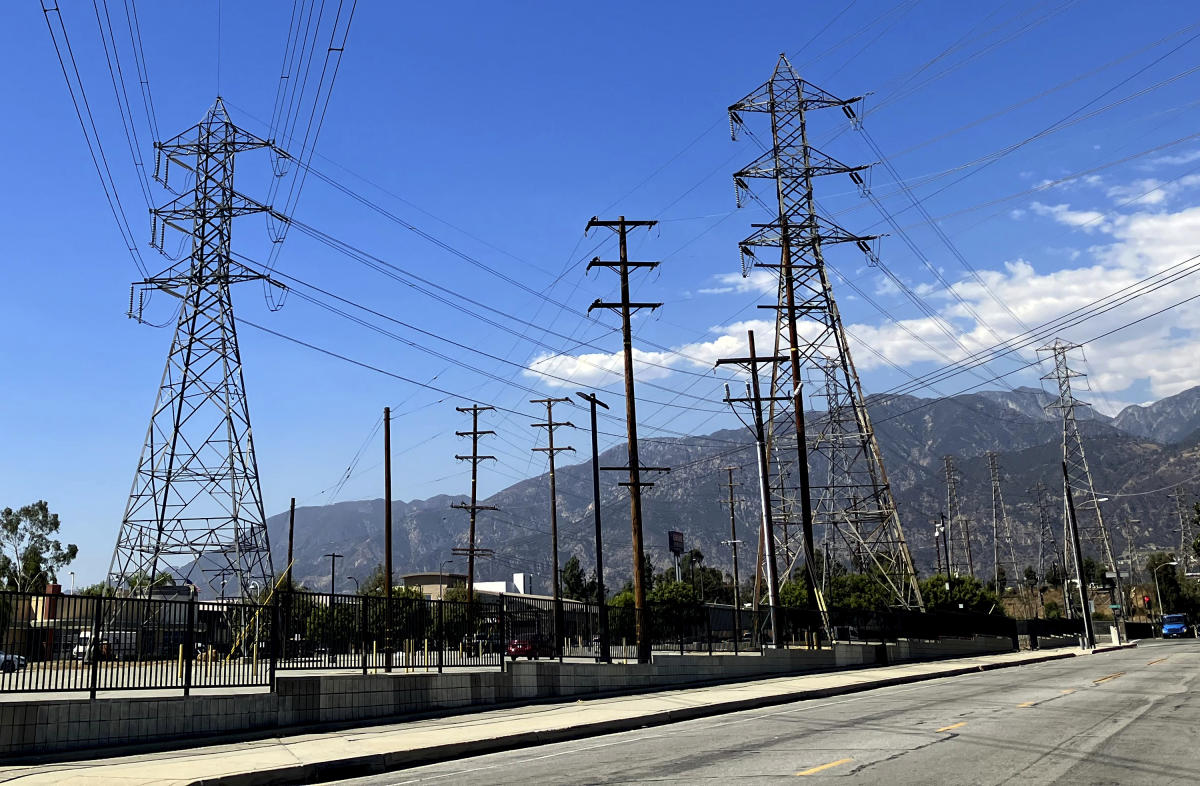By Anthony Esposito
MEXICO CITY (Reuters) -Mexican President-elect Claudia Sheinbaum’s ruling coalition is close to securing a two-thirds majority in both chambers of Congress, which would pave the way to passing controversial constitutional reforms on its own.
Preliminary results from Sunday’s election show Sheinbaum’s leftist Morena party and its allies will have the super-majority in the lower house, but likely came up short in the Senate once new lawmakers are seated in September.
Sheinbaum will take office one month later in October.
Below are potential reforms that have markets and investors concerned, and led to a sharp decline in Mexican asset prices on Monday.
LAST-DITCH EFFORT
Sheinbaum’s mentor, outgoing President Andres Manuel Lopez Obrador, proposed a series of constitutional reforms in February, some of which critics argue would eliminate crucial oversight bodies, erode judicial independence and concentrate more power in the executive branch.
The 128-member upper house will have at least 82 senators from Morena and its junior partners in the Green Party and Labor Party, just short of a two-thirds majority, according to a government presentation using preliminary election results. In the 500-member lower house, meanwhile, Morena and its allies will have at least 365 members, or 73% of the body.
Lopez Obrador will overlap with the newly-elected lawmakers in his final month in office in September, and on Monday he suggested he will make a last-ditch effort to enact the reforms before handing the baton to Sheinbaum.
“I’m going to talk it over with Claudia … to see which of those initiatives we can push for and get approved,” said Lopez Obrador.
Concern about the shakeup sent stocks falling over 6% and the peso as much as 4.3% lower.
INDEPENDENT OVERSIGHT BODIES
Among his proposals to eliminate what he has described as inefficiencies and wasteful spending, Lopez Obrador has proposed to scrap the constitutionally-enshrined freedom of information body INAI, federal anti-trust agency COFECE, development evaluation agency Coneval and telecoms regulator IFT.
It would also put the energy ministry in charge of energy regulators CRE and CNH, both of which are now independent.
At times, he has accused some of the agencies of fostering corruption.
OVERHAULING THE ELECTIONS AUTHORITY
Throughout his administration, Lopez Obrador often lambasted the agencies, also including the national electoral authority INE, which he is seeking to completely overhaul.
As many as 700,000 people filled the streets of Mexico City in February to protest the proposed dismantling of the INE.
The reforms are a way of “instituting electoral reform to cement Morena’s political hegemony,” said Nicholas Watson, managing director of consulting firm Teneo.
Lopez Obrador also proposes lowering the minimum required level of voter participation for binding citizen referendums, a tactic he used in the past when only a small fraction of the public participated, and require they be scheduled on same day as elections.
JUDICIAL, LEGISLATIVE CHANGES
Lopez Obrador also wants big changes in the judicial system, including the popular election of Supreme Court judges, other magistrates, plus electoral authorities. Critics argue such elected roles would erode their current independence.
The number of Supreme Court judges would further be cut to 9, from 11, and all judges would need to be renewed in an extraordinary election to take place in 2025, which has also been criticized as a hit on an independent court system.
Lopez Obrador has argued the changes are needed because the current judiciary serves a minority and sometimes organized crime at the expense of society.
Regarding the legislative branch, the reforms would also cut the number of members of the lower house of Congress to 300, from 500, and slash the number of senators to 64 from 128.
S&P Global Ratings said while greater centralization of political decision-making and mixed political signals under Lopez Obrador had reduced the independence of several agencies, important checks and balances remained.
“Measures that weaken checks and balances could affect private-investor confidence by creating perceptions of greater risk, potentially affecting economic growth and sovereign creditworthiness,” it warned.
LAUNDRY LIST
Lopez Obrador may need to be narrow his list of reforms given the tight window between the final legislative session under him and Sheinbaum’s October inauguration. Still more proposed constitutional reforms include:
— Expanded retirement benefits for senior citizens 65 years or older and disabled people, which some experts warn could add to long-term pressures on public finances
— Paid vocational training for young people between the age of 18 and 29
— a prohibition on genetically modified corn that critics say could deepen a current corn dispute with the United States
— a ban on water rights in areas facing drought
— a ban on open pit mining and fracking
If enacted, some of the reforms could aggravate a budget deficit which analysts say is likely to be a major burden for Sheinbaum once she takes office.
“Investors are not only concerned that these constitutional amendments will now be passed, but maybe that Sheinbaum, Lopez Obrador and MORENA may try to further entrench their brand of politics and economics into the constitution,” said Jason Tuvey, deputy chief emerging markets economist at Capital Economics.
(Additional reporting by Noe Torres; Editing by Christian Plumb, Alistair Bell and David Alire Garcia)
Signup bonus from





